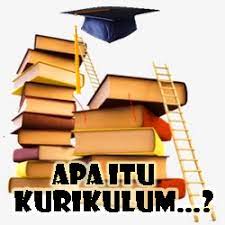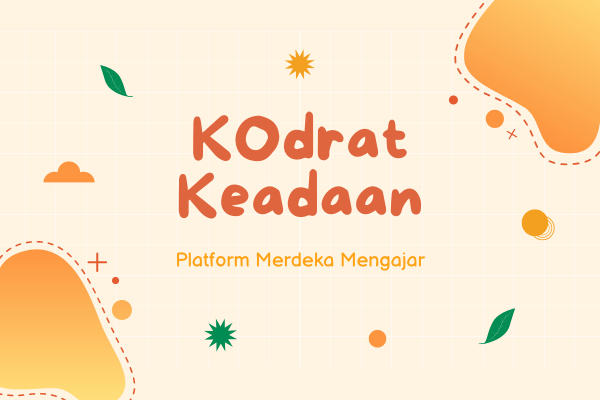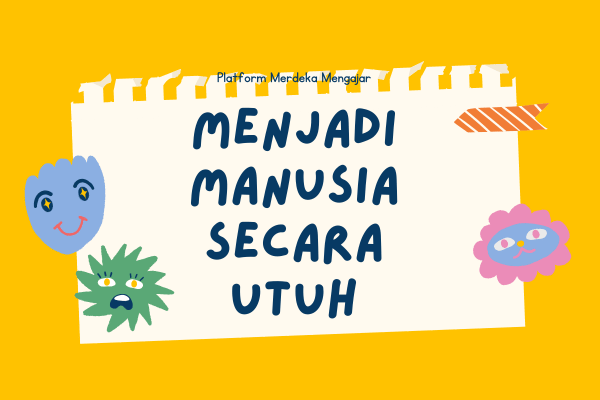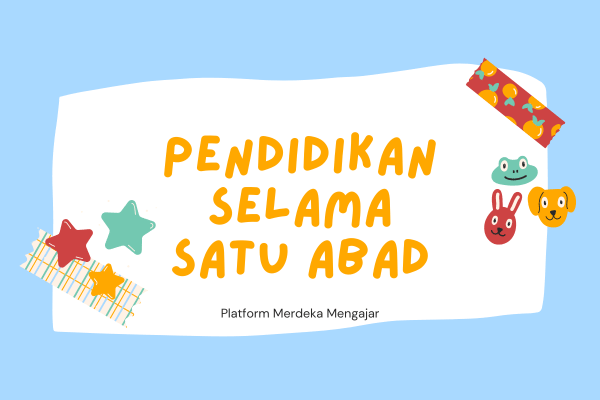What is Curriculum?
Definition of Curriculum
The curriculum is a plan and guideline that serves as the foundation for the learning process in educational institutions. In this module, we will delve deeper into what curriculum is and its important role and functions in education.
In the development of education, the curriculum has undergone significant transformations. From being merely a regulator of learning content, the curriculum has now become the heart of the education process. This change is accompanied by the understanding that education should not only focus on the transfer of knowledge but also the development of skills, attitudes, and values relevant to the times.
Although there is no universally binding definition of curriculum, it can be understood as the overall learning experiences of students. The curriculum is a complex and multidimensional component that encompasses not only learning objectives but also content, teaching methods, and evaluation.
Curriculum Design
In designing the curriculum, we need to consider the needs and future projections of students. What competencies do they need to contribute at the local, national, and global levels? How do they learn? Questions like these need to be answered in the curriculum development process.
It is important to recognize that students are the reference or core of the curriculum itself. Therefore, students' freedom in learning must be acknowledged and supported. In the implementation of the curriculum, the role of teachers as frontliners is crucial. Teachers need to understand the context and characteristics of students and develop a curriculum that suits their needs.
The diversity of students' ethnicities, cultures, languages, customs, and religions plays an important role in curriculum development. The curriculum must be able to embody the values and culture of the society that are relevant to the present and the future. In this way, students will feel connected to the learning they receive.
Functions of Curriculum
The main function of the curriculum is to serve as a guide and reference in the learning process. Through the curriculum, teachers can guide students in their learning journey. The curriculum also has other equally important functions, including:
- Passing On values and culture: The curriculum can serve as a means to transmit values and culture relevant to the present time to students. By understanding and appreciating these values, students can grow and develop in a broader context.
- Developing current and future competencies: The curriculum must be able to develop the competencies needed in the present and future. Competencies are not limited to cognitive skills but also include attitudes, psychomotor skills, and values that complement those competencies.
- Social control: The curriculum can act as a social control in selecting and assessing relevant and contextual learning content. In this way, students can learn with meaningful and essential materials.
In the present era, it is important for educators to adopt a new paradigm in learning. The focus is not only on the quantity of materials or contexts provided to students but on strengthening essential competencies and materials. Learning needs to stimulate students' curiosity and provide opportunities for them to explore and discover new information.
One learning approach that can be used is the inquiry-based learning cycle. This approach emphasizes curiosity as a strong motivator for learning. Through the inquiry-based learning cycle, students are invited to develop their imagination, seek information, organize, analyze, make connections, delve deeper, take action, and experience transformative learning.
It is important to note that in the learning process, students also need to develop character based on the values of Pancasila (the Indonesian national ideology). Project-based learning can be a means to develop such character. Thus, students not only become academically intelligent individuals but also have the ability to make a positive impact on themselves and their environment.
In order to realize a student-centered learning process, collaboration is needed among educators, educational institutions, and other stakeholders. Teachers need to continuously improve their competencies, keep up with the times, and understand the needs of students. In this regard, increasing technological literacy is also an important factor in supporting learning
Conclusion
In conclusion, the curriculum has a vital role and function in the learning process. The curriculum should be designed while considering the needs and characteristics of students, and emphasizing the strengthening of competencies and essential content. Through innovative and student-centered approaches to learning, it is expected that students can develop holistically and make positive contributions to themselves and their environment. Therefore, we can build a curriculum that is student-centered and promotes successful learning.







